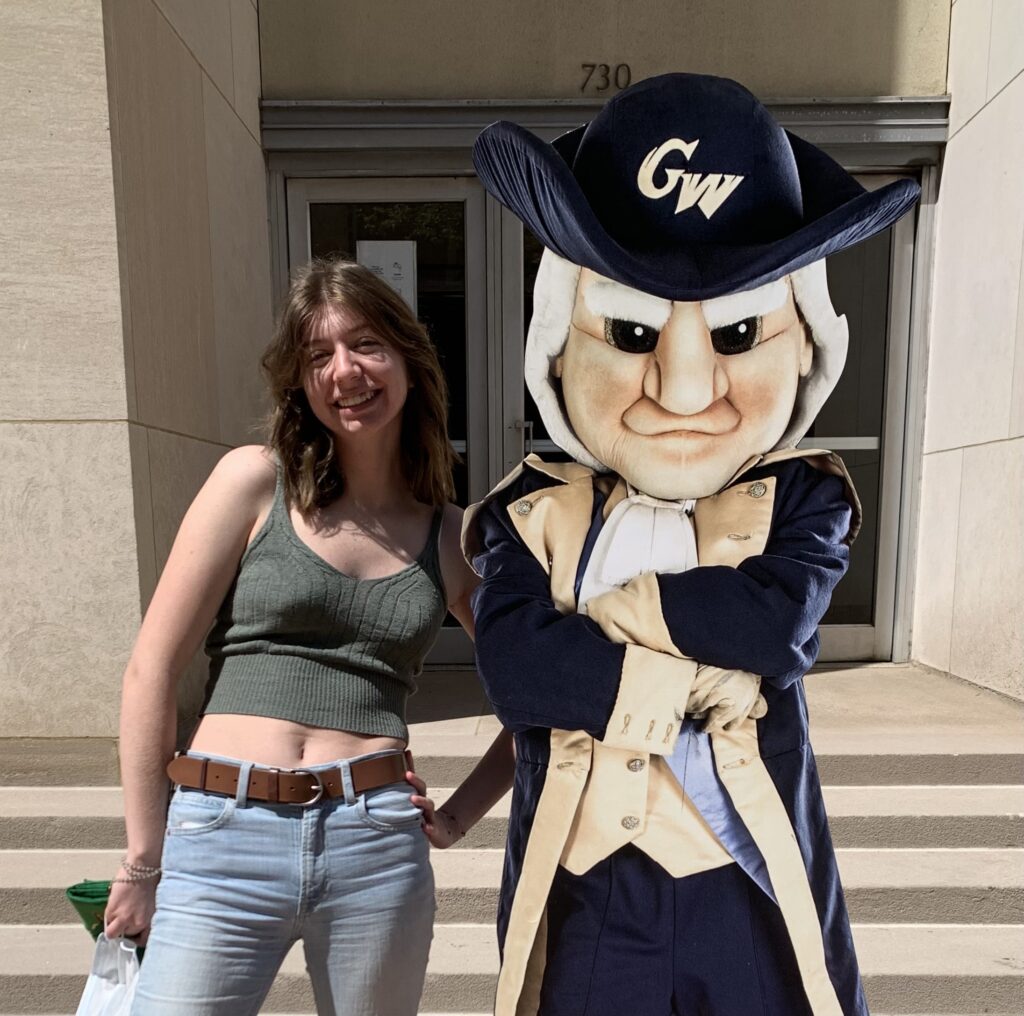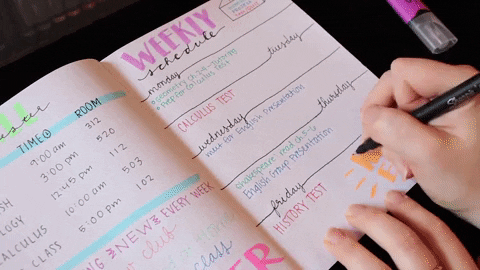“Congratulations! We’re excited to offer you a position as…” When I saw the internship offer email earlier this April, I practically jumped for joy. It felt as though all my hard work throughout the semester—writing cover letters, adjusting my resume, prepping for interviews—finally paid off. Though I received other offers, I believed I should accept this one. I enjoyed speaking with the supervisors who interviewed me, I agreed with the mission of the organization and saw it as a truly unique opportunity—what more could I want? In my mind at the time, the answer to the acceptance email: an obvious yes.
I began to plan my summer around this opportunity.
Barreling ahead, I applied to part-time retail positions to cover the cost of working an unpaid internship and signed up for university summer housing. I tried not to think about the emotional drain I might feel about not going home since winter break. The latter seemed easy enough. With the semester coming to a close, my thoughts became occupied by final paper drafts and exam schedules. As I embarked on the onboarding process, however, I began to feel overwhelmed by the various steps I needed to take before the orientation date in late May.
Not to mention the process itself felt highly disorganized, and I continuously received conflicting information from my supervisors and the onboarding team. A worrying thought began to creep up in the back of my mind—what if I orient my entire summer around this and it ends up not being what I imagined? Always a bit headstrong, I never considered myself the kind of person to let “what ifs” prevent me from following through on an opportunity, whether professionally or personally. Even if I didn’t enjoy the internship as much as I expected, I figured it would still be a learning experience.
When I finished finals, however, I could reflect with a clear mind.

I realized I should be listening to myself. What ifs aside, I never ignored my misgivings about a situation. Yet I felt so stressed with the end of the semester, so hung up on the idea of getting an impressive internship, so focused on a position that allowed me to work in-person, that I didn’t give myself a second to seriously consider why I felt uncertain about my summer plans. Did I really want to work an unpaid internship? Did the working environment fit me? Or did the idea of the internship just attract me—how it sounded when I explained it to people, how it symbolized the payoff of all the effort I put into applying to positions? As I let myself take a breath and reflect, I began to accept the possibility that this internship didn’t feel right for me.
I also realized my decision didn’t trap me.

Often since high school, decisions felt so final. Even as mentors and family assured me that there’s always opportunities to switch paths, I could never ignore those “what ifs” at the back of my mind. What if I pick a university that doesn’t feel right for me? What if I discover too late that I dislike my major? What if I’m focusing on the wrong opportunities?
Once I made the decision to turn down the internship I felt so sure I wanted, the assurances of my mentors proved true. I didn’t need to feel trapped in my decision. Throughout the semester, I kept myself open to other opportunities by applying to multiple positions. As a result, I could now reach out to the supervisor of a position I previously turned down. I realized suddenly that it does not matter whether you make the precisely correct decision, but whether you allow yourself to recognize when you didn’t.
Just because something sounds impressive, or even is impressive, doesn’t mean it has to be right for you.

As I think back on my decision, the words of a friend I recently interviewed for the internship I did accept come to mind. “It could be your dream position or industry,” she said. “But if it’s not people you want to work with, it’s not going to be fun.” I agree, but would amend that statement slightly—if the people or the environment are not the right fit for you, the opportunity will not be enjoyable. And that’s okay. Ultimately, listening to yourself and your own needs is entirely more important than committing to the “most” impressive opportunity.
















